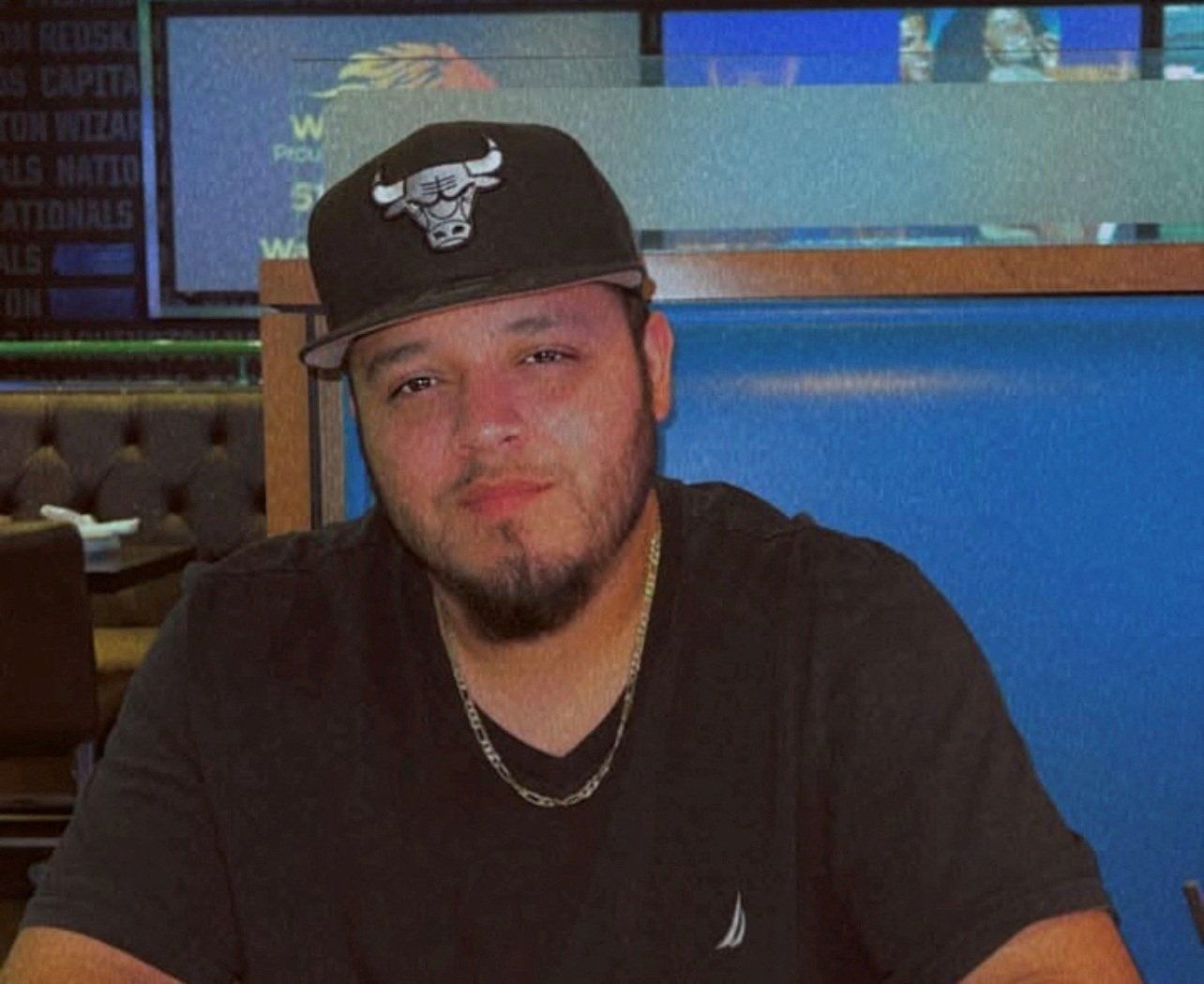Former federal prosecutor Paul Butler found the recent hearing with Kilmar Ábrego García to be "crazy and getting crazier."
Ábrego is the Maryland man who was arrested and deported to a prison in El Salvador, despite an immigration judge ruling that he could not be sent back to that country. In court, the Justice Department admitted that his deportation was an "administrative error." The judge in the case asked the prosecutor at the time why the government couldn't return him to the country. The prosecutor made it clear he has never been given a straight answer.
Ábrego was finally returned to the United States earlier this month, where Attorney General Pam Bondi said he would face federal charges of illegally transporting undocumented people related to a Tennessee traffic stop from three years ago.
Speaking to MSNBC's Chris Jansing on Thursday, Butler addressed an emergency hearing facing the possibility that ICE could arrest and deport Ábrego again, even though a Tennessee magistrate judge issued his release from custody.
The Justice Department argued that the government could still detain him immediately after his release. His lawyer has asked that he be moved back to Maryland.
As Lawfare's Anna Bower reported, "Abrego has a final order of removal with withholding of removal to El Salvador. So, he still can't be removed to El Salvador but could likely be removed to a third country."
The Supreme Court ruled that President Donald Trump's administration could deport migrants to an entirely different country, like Libya or South Sudan.
Jansing noted that it seemed the judge felt limited in the powers she had in the case.
"Chris, this crazy case is getting even crazier," said Butler, explaining that there are two cases and two different states that Ábrego faces.
"The Department of Justice is prosecuting him for human trafficking, and in Tennessee, at the same time, is trying to deport him to another country. The judge in the criminal case released him on bail. But the Department of Justice objected, saying that if he's not in the custody of the judge in the criminal case, the Department of Justice is concerned that he will be deported. by ICE. The judge in the criminal case says she doesn't have any jurisdiction over ICE. She can't stop them from deporting him. But she made the common-sense statement that since both DOJ and ICE are part of the Trump administration, they should work it out among themselves."
Ábrego's lawyer is concerned that even if he isn't deported, he'll be held in an ICE facility far away from Tennessee, where his criminal case is. That would then harm their ability to represent him in court, as it would be more difficult for them to meet with their client and prepare him for trial.
In court Thursday, the DOJ confessed that the first steps for Ábrego after his release are immigration proceedings and removal to a third country that is not El Salvador.
When the judge asked about the timeline, the DOJ said that there were no "imminent plans to remove him."
"That's as good as you can do?" the judge asked.
It remains up in the air when Ábrego will be rearrested if he is released and whether the government would then deport him over the weekend before trial.
See Butler's remarks below or at the link here.
- YouTubeyoutu.be
